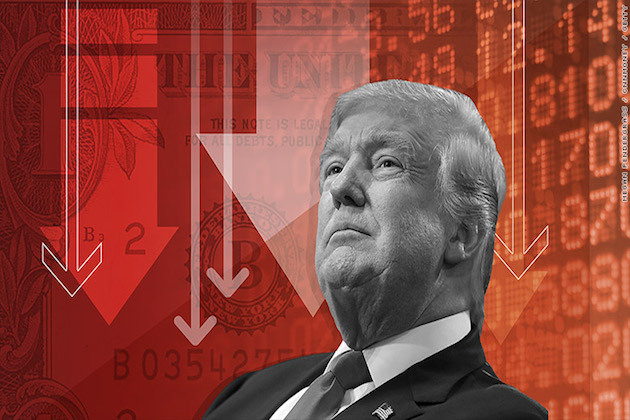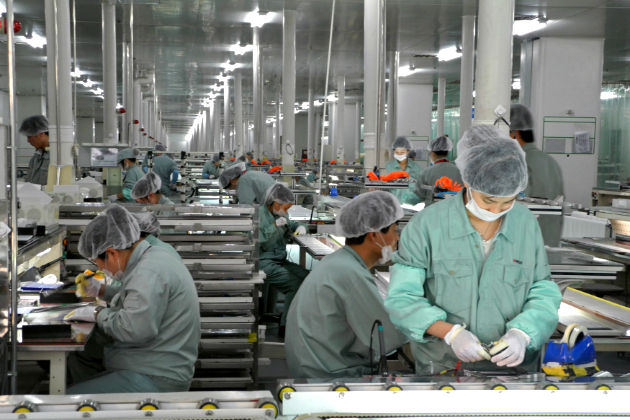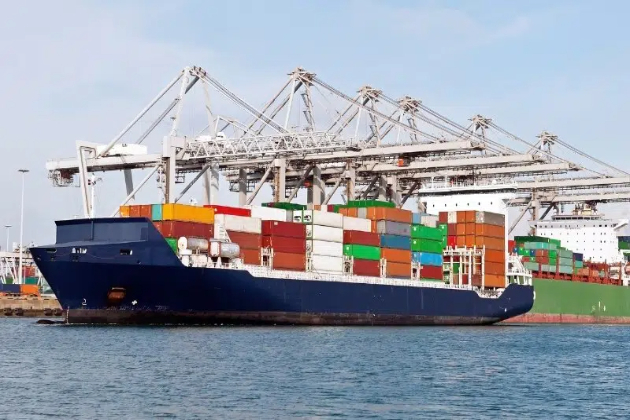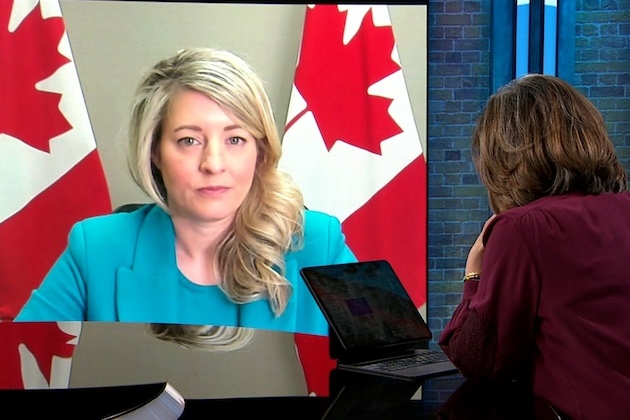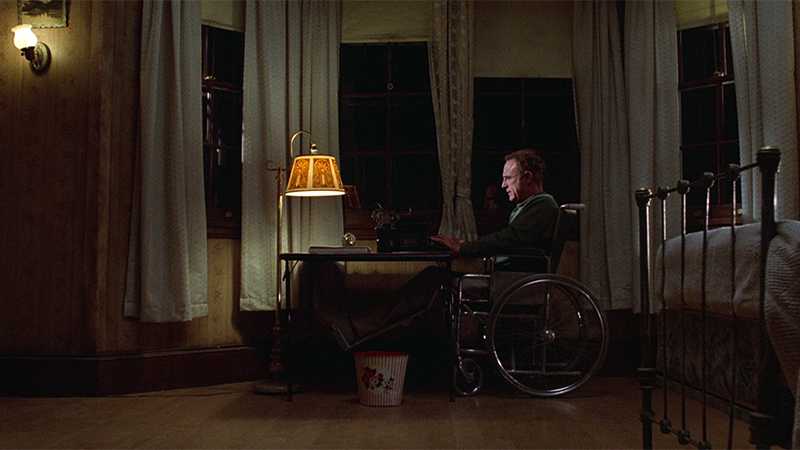How minority governments can influence foreign policy
The Conversation
08 Dec 2019, 20:00 GMT+10
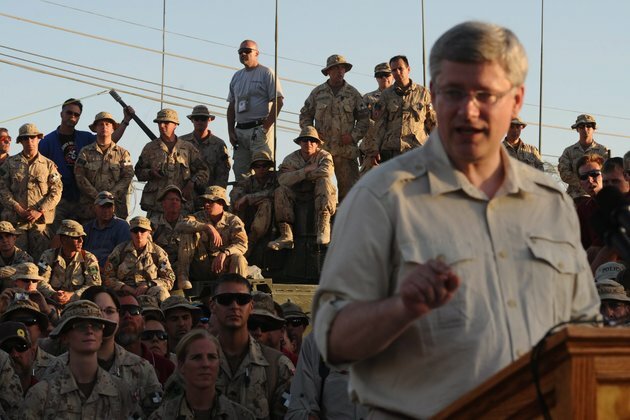
When Stephen Harper's government was defeated in 2015, we tried to figure out what drove its thinking on foreign policy. We did so by comparing the government's approach to a variety of international issues before and after the Conservatives won a majority of seats in the House of Commons in 2011.
What we determined in our book The Harper Era in Canadian Foreign Policy is easy to capture in a soundbite, but takes more time to explain: Parliament matters when it comes to Canadian foreign policy, even though it doesn't.
Here's what we mean.
Constitutionally, foreign policy is a responsibility of the Canadian executive.
Even though opposition parties in a minority Parliament can push foreign policy bills through the House, like the 2007 Kyoto Protocol Implementation Act or the 2008 Official Development Assistance Accountability Act, Harper's Conservatives proved that a minority government can ignore such legislation.
On the other hand, minority Parliaments often present incentives for governments to consult with the House of Commons more than they might when they hold a majority.
The Tories and Afghanistan
Consider the Conservatives' approach to Afghanistan. One of the easiest ways to diffuse potential opposition criticism of the Canadian mission in Afghanistan was to hold a vote on extending it.
Once the Liberals voted in favour, it became significantly more difficult for them to criticize the mission as a whole. Philippe Lagasse, an international affairs expert at Carleton University, calls this tactic laundering.
During the Harper era, the government's standing in the House of Commons also affected the pace of international negotiations. In a minority Parliament, ministerial travel is severely restricted. The government can't risk having too many of its members unavailable for a surprise vote in the House of Commons.
There's also reason to believe that the Conservatives' standing in the House of Commons mattered when it came to the amalgamation of the Department of Foreign Affairs and International Trade with the Canadian International Development Agency.
Derek Burney, who ran the Harper government's initial transition team, has noted that the prime minister contemplated the merger in 2006, but concluded that it was a bridge too far for a new government, particularly, we might suggest, because of its minority situation.
Once the Conservatives gained their majority, they pushed the merger through easily.
More willing to court controversy
The Harper government's willingness to take controversial public positions on human rights issues also intensified as its numbers in Parliament increased. In both 2006 and 2009, for example, the Conservatives did not rule out signing the Optional Protocol to the UN Convention against Torture. In 2013, however, they stated bluntly that the government had no intention of signing any outstanding human rights treaties.
And while some might attribute the change to a government that became more experienced, or to a more outspoken foreign minister in John Baird, the extent of the government's willingness to risk isolating itself within the international community appears to have been influenced, at least in part, by the sense of political security that came with its 2011 majority.
On the other hand, a number of foreign policy issues from the Harper era were immune from the concerns of parliamentary politics.
Take national defence, for example. Historically, Ottawa's commitments to a robust defence capability have been shaped primarily by the state of the Canadian economy.
The Harper era was no different. Funding for national defence surged during the early years of budgetary surpluses, and slumped during the recession and subsequent campaign for balanced budgets.
Environmental progress
Environmental reform had a different determinant: the United States. The Harper government seemed quite clear that it would make changes to its environmental policies as slowly as Washington would allow, and it maintained that position through the minority and majority years.
Discussions of foreign policy in parliamentary committees were different during the minority years, when the Conservatives could not control the committees' agendas. But whether those debates actually caused the government to change its policy is less clear.
So what should we expect as Justin Trudeau's government acclimatizes itself to its minority standing in the House of Commons, in addition to an unpredictable Senate?
If the Harper era is any guide, the makeup of Parliament will matter to Canadian conduct in world affairs, but there's nothing official that forces a minority government to behave differently than a majority government on the international stage.
Nonetheless, minority Parliaments create a political environment that discourages cabinet from acting boldly.
We should therefore be prepared for an even more risk-averse and conservative foreign policy than the one we already have.
There is, of course, a different way that this could play out. Our political leadership could seize the opportunity to negotiate a non-partisan statement of Canada's national interests.
Those interests could serve as a basis for any Canadian government, and thereby provide Global Affairs Canada with the stability and understanding that it needs to maximize Canada's impact and effectiveness on the world stage.
This scenario is highly unlikely, but it doesn't hurt to hope!
[ You're smart and curious about the world. So are The Conversation's authors and editors. You can read us daily by subscribing to our newsletter. ]
Authors: Adam Chapnick - Professor of Defence Studies, Royal Military College of Canada | Christopher Kukucha - Professor, Department of Political Science, University of Lethbridge 
 Share
Share
 Tweet
Tweet
 Share
Share
 Flip
Flip
 Email
Email
Watch latest videos
Subscribe and Follow
Get a daily dose of Toronto Telegraph news through our daily email, its complimentary and keeps you fully up to date with world and business news as well.
News RELEASES
Publish news of your business, community or sports group, personnel appointments, major event and more by submitting a news release to Toronto Telegraph.
More InformationBusiness
SectionDoorDash, Williams-Sonoma, and others soar on S&P 500 inclusion
SAN FRANCISCO, California: Shares of DoorDash, Williams-Sonoma, Expand Energy, and TKO Group surged in extended trading on March 7...
Another volatile day for Wall Street as Trump doubles-down on tariffs
NEW YORK, New York - The freefall fn U.S. stocks continued Tuesday with all the major indices taking a hit durin g the bulk of the...
New Trump policy ends collective bargaining for 50,000 TSA officers
WASHINGTON, D.C.: The Trump administration announced this week that it will end collective bargaining rights for about 50,000 TSA officers...
Walmart faces pushback as it asks Chinese suppliers to cut prices
BENTONVILLE, Arkansas: Walmart is pressuring some Chinese suppliers to cut prices in response to President Donald Trump's imposed U.S....
US urges India to cut tariffs, boost defense buys for more trade
NEW DELHI, India: The United States is pressing India to lower tariffs and increase defense purchases to secure a stronger bilateral...
Horror day on Wall Street, Nasdaq loses 4 percent
NEW YORK, New York - U.S. stocks plunged on Monday, joining a global rout which followed U.S. President Donald Trump not ruling out...
Canada
SectionUFC-WWE parent TKO Group enters boxing with Saudi partnership
NEW YORK CITY, New York: TKO Group, the parent company of UFC and WWE, is launching a new boxing promotion in partnership with Saudi...
US tariffs threaten Italy’s farm exports, from Prosecco to Parma ham
ROME, Italy: Italy's agricultural sector is bracing for a major hit as U.S. tariffs threaten exports of iconic products like Prosecco...
Canadians seething over Trump's policies, jibes
CNN - In a recent interview with CNN's Christiane Amanpour, Canadian Foreign Minister Mélanie Joly expressed strong opposition to President...
NHL roundup: Bruins score 3 in 3rd to rally past Panthers
(Photo credit: Winslow Townson-Imagn Images) Pavel Zacha scored the game-winner with 3:17 left in regulation to punctuate the Boston...
Indian students ditch Canada, US, UK for Russia
The number of students opting for Russian universities increased by 34% last year, government data shows ...
Habs ride Juraj Slafkovsky's 3-point game to win over Canucks
(Photo credit: Bob Frid-Imagn Images) Juraj Slafkovsky had a goal and two assists as the Montreal Canadiens held on for a 4-2 road...


